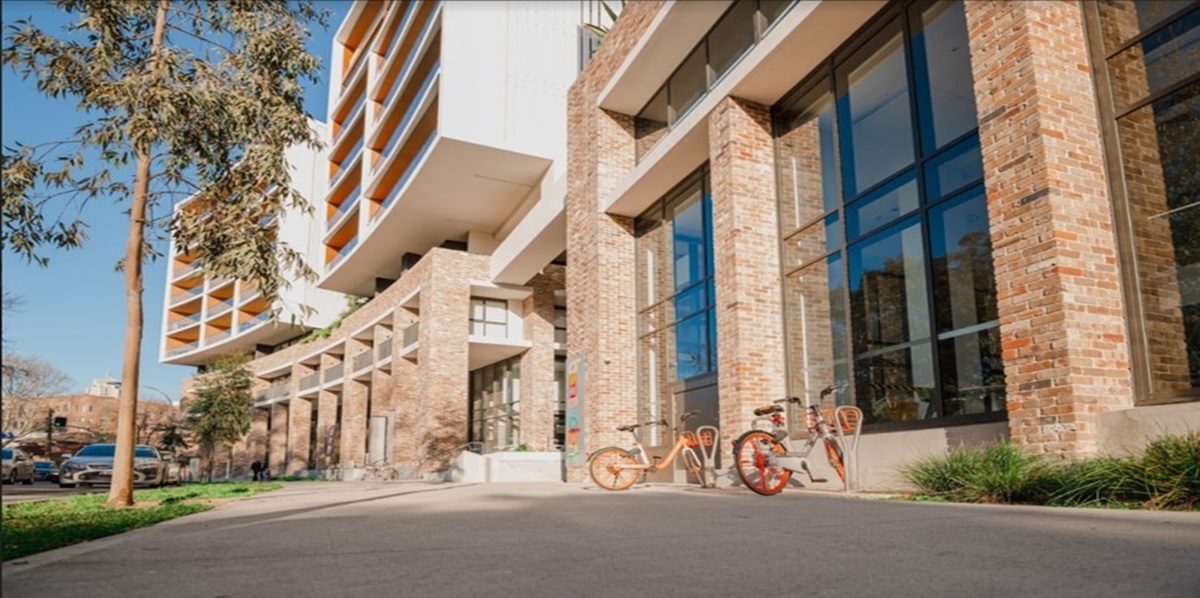The Coronavirus pandemic has undoubtedly affected how we think, act in public, and approach our work lives.
Unfortunately, many industries were negatively affected due to these unforeseen circumstances. In sectors such as airlines, hospitality, retail, sport and the arts, almost a million jobs have been lost in Australia alone.
In response to the pandemic, the federal government promptly actioned various funding initiatives to ensure citizens were as least affected as possible. In addition to this, much funding was invested into the construction industry, including infrastructure, providing, and improving employment opportunities.
In Sydney, civil contractors and the construction industry as a whole continued to work through the pandemic and offered employment to those out of the industry to ensure more households can manage to pay their bills and put food on the table. At Civil and Scape, we continued our daily work and spent much time implementing safety measures for our staff to ensure the risk of COVID-19 transmission on our job sites was little to none.
Civil contractors were able to thrive during this time, boosting the industry and helping the economy as a whole along the way.
1. Increased employment offers
As the industry’s wheels kept turning during this time, employment in the sector remained stable and in some states increased, assisting the economy as a whole during the crisis. While other industries suffered unprecedented falls in employment rates, civil contractors and the building industry helped keep the economy afloat.
The majority of businesses were forced to close their doors and have their employees work from home. Civil contractor companies could then fast-track refurbishment/construction projects. The forecasting of projects was compressed due to extended hours where noise-polluted works were permitted, thus creating more hours and opportunities for employees and the industry.
2. Continuous improvements to infrastructure
Government investment in infrastructure and the remodelling of some of Sydney metropolitan areas will see improved living standards.
The linking of metropolitan centres and an increase in business districts (thanks to continuous government investment) is one factor behind Sydney infrastructure’s constant improvement.
The Western Sydney Infrastructure Plan involves major road and transport links that will deliver a much-needed surface transport network within the Western Sydney region. This ensures passengers, employees, and freight’s efficient movement once we edge closer to the Western Sydney Airport opening in 2026.
As a result, the civil landscape industry remains active, working hard to improve the cityscape of Sydney.
3.Property values increased/stabilised due to infrastructure efforts
Demands for residential housing in Sydney and a boom in the property market show a promising outlook for the industry in the years to come. Combined with the delayed shock of overseas migration, metropolitan areas such as Sydney and Melbourne have improved in property demand due to 2020 border closures.
The surge in residential improvements has also gained traction in improving civil works.
Unprecedented times and unprecedented amount of jobs for Civil and Scape, with the flow of projects that continue to come through, our employees feel secure due to our workflow consistency. We, as a company, appreciate the support from the government for their investment in infrastructure and other grants. Our outlook on the future of our industry and economy is much brighter than it was this time last year.
Civil and Scape thrive off meeting motivated and driven individuals who share our passion for our industry. Due to our company’s rapid growth, we frequently have new opportunities across our construction and maintenance divisions. Are you interested in joining our ever-growing team? Contact us today.
NEW PROJECT?





 1300 457 457
1300 457 457 info@civilandscape.com.au
info@civilandscape.com.au